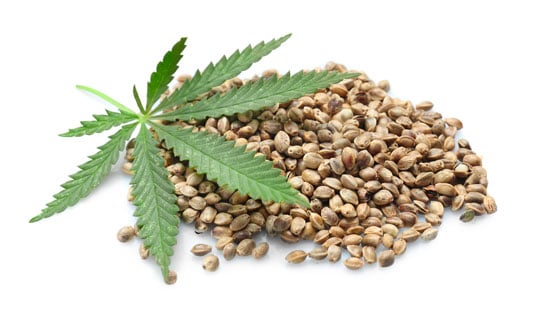In latest many years, the conversation around sustainable farming techniques has obtained momentum, with an escalating aim on environmentally welcoming alternate options. Just this contact form in this movement is the cannabis plant, precisely its seeds. Cannabis seeds have emerged as a prospective match-changer in sustainable agriculture, presenting a myriad of positive aspects that extend beyond the realm of leisure and medicinal use.
The Eco-Friendly Mother nature of Cannabis Seeds:
Cannabis crops are regarded for their resilience and adaptability, creating them an excellent candidate for sustainable farming. The cultivation of cannabis seeds necessitates fewer pesticides and herbicides compared to quite a few other crops, contributing to a reduction in environmental pollution. What’s more, cannabis vegetation have deep root systems that enable avoid soil erosion, marketing soil wellness and fertility.
Drinking water Performance:
Drinking water scarcity is a sizeable problem in agriculture, but hashish has tested to be a fairly water-effective crop. Hashish crops have a distinctive means to prosper in assorted climates, from arid locations to more temperate zones, enabling for cultivation in locations wherever h2o resources could be restricted. This adaptability tends to make cannabis seeds a promising selection for farmers wanting to preserve drinking water and lower their environmental influence.
Biodiversity and Crop Rotation:
Sustainable farming procedures frequently emphasize the value of biodiversity and crop rotation to retain soil overall health. Hashish fits very well into these ideas, as its cultivation can contribute to crop rotation cycles, preventing the depletion of nutrition in the soil. Additionally, hashish plants aid biodiversity by providing a habitat for many bugs, birds, and microorganisms that participate in vital roles in ecological stability.
Carbon Sequestration:
A person normally-disregarded factor of hashish cultivation is its possible to act as a carbon sink. Hashish plants soak up carbon dioxide during photosynthesis, encouraging mitigate the results of weather modify. When developed on a large scale, hashish has the capacity to sequester substantial quantities of carbon, generating it a precious ally in the combat in opposition to world-wide warming.
Hemp: A Adaptable and Sustainable Crop:
Within the cannabis family, hemp stands out as a specifically functional and sustainable crop. Hemp fibers can be applied to develop a vast variety of eco-helpful products, which include textiles, paper, and biodegradable plastics. Hemp seeds, loaded in protein and critical fatty acids, are a healthy addition to human and animal diets, giving a sustainable option to common crops.
Financial Advantages for Farmers:
In addition to its environmental strengths, cultivating hashish seeds can present economic advantages for farmers. The escalating desire for hemp-derived items, these as CBD oil and hemp-dependent textiles, opens up new revenue streams. As a lot more international locations legalize and regulate cannabis cultivation, farmers have the possibility to diversify their crops and tap into a burgeoning market place.
Challenges and Concerns:
Though the likely added benefits of hashish seeds in sustainable farming are promising, there are troubles and criteria that cannot be overlooked. Regulatory frameworks, different authorized statuses, and the stigma connected with hashish cultivation can pose hurdles for farmers. Even so, as attitudes in the direction of hashish go on to evolve globally, it is very important to address these troubles to unlock the entire possible of cannabis in sustainable agriculture.
Summary:
Cannabis seeds have the probable to revolutionize sustainable farming techniques by giving a crop that is resilient, drinking water-successful, and environmentally helpful. As the globe grapples with the urgent will need for sustainable answers in agriculture, checking out the possibilities of hashish cultivation turns into progressively critical. By embracing the ecological gains of hashish seeds, farmers can lead to a greener potential even though reaping economic rewards. It can be time to understand hashish not just for its leisure and medicinal price but also for its role in cultivating a more sustainable and resilient agricultural landscape.
